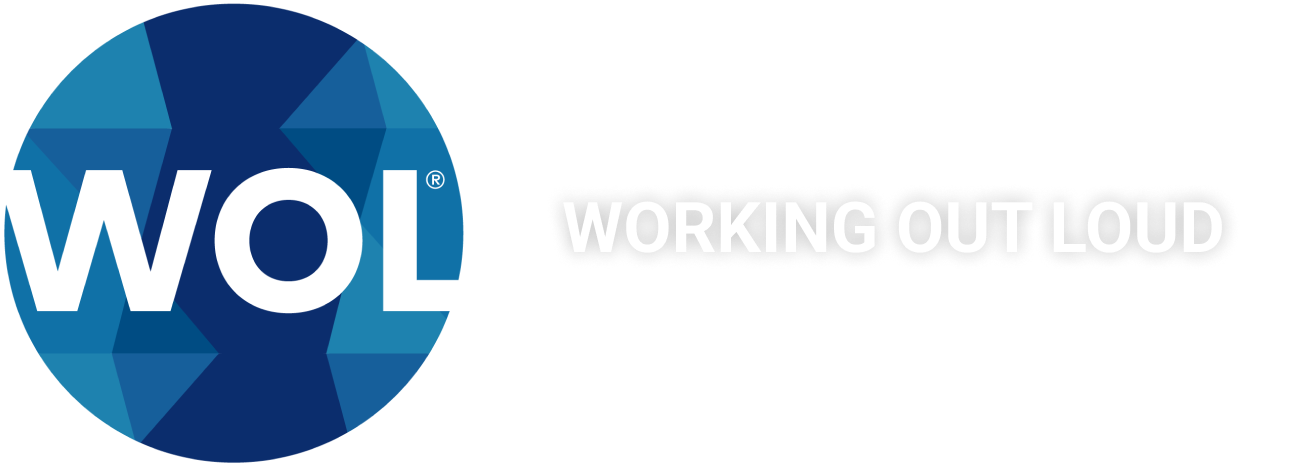Connecting the dots: Manifesting meaning in 2024
Ever since I was a little kid, I rooted for the underdog. I think it came from a sense of justice or fairness, a feeling that everybody should get a chance.
Looking back, I can see how this feeling shaped my work at times, and how it’s guiding me towards what I should do next.
“Ya gotta believe!”
Growing up in The Bronx, people assumed I was a Yankees fan. After all, the stadium was there, and they had the most money and a long tradition of winning. But I preferred the Mets, the often hapless and heartbreaking team in Queens who, even in last place, encouraged us fans to have faith: “Ya gotta believe!”
And I did believe. I would wear my Mets cap while watching the games on TV. I’d simulate games playing stoop ball and keep careful statistics in a notebook, always ensuring a Mets victory.
We couldn’t afford tickets to the game, but a milk company ran a special promotion: Cut out 20 coupons from their cartons for a free seat in the upper deck (so high up they were referred to as the “nosebleed” section). I brought my baseball glove, holding out hope that a ball might be hit our way, and I cheered for my underdog team to beat the odds.
“Zero defects!”
My first full-time job was at AT&T Bell Labs, and our big project involved redesigning systems and processes for a network control center near Washington DC.
The managers, almost all men, were the kind who put up posters exhorting workers to have “Zero defects!” They wrote dress codes requiring women to wear skirts and nylon stockings.
The network operators were mostly women. They dressed casually and had less education than the bosses, and they spoke with less polish, perhaps. But they knew more about how the networks functioned (or why they didn’t), and I loved working with them.
I bristled at the imbalance of authority, but had no idea what to do about it. Then during our project I stumbled onto the writings of W. Edwards Deming. He railed against slogans like “Zero defects!” and told management they should instead “Remove barriers that rob people of pride of workmanship,” “Drive out fear,” and “Institute a vigorous program of education and self-improvement for everyone.” He was a champion of the worker, and I felt like I found a role model.
I co-authored a book about that project, my first attempt at trying to make work better—for the employees as well as the company. And that book got me my next job.
“You’re of the people, John.”
Of all places, I wound up in an investment bank, shifting from reengineering processes to managing technology on trading floors. Rather than the egalitarian, meritocratic workplace I found myself drawn to in books, my new industry was a hyper-competitive, hyper-political patriarchy full of ego, fear, and stress.
I survived to become a Managing Director, participating in the worst kind of HR practices with my teams (forced ranking, arbitrary pay-for-performance bonus systems, etc.). It was the kind of management that, as one business school professor describes it, “perpetrates absurdities in theory and dehumanization in practice.”
The system served me well until it was my turn to be a victim of it. In one of my final performance reviews, my boss lamented my lack of zeal for doing what he thought was necessary. “You’re of the people,” he told me, making it clear “the people” was not the place where power or bonus money would be allocated.
The conversation stung at the time. But it motivated me to try and be more than my boss’ opinion of me. The end of my career in banking led to the beginning of Working Out Loud, which brought me into contact with employees in hundreds of different companies. I embraced being “of the people,” caring about development and opportunities for employees at all levels and ratings.
Manifesting meaning
It wasn’t always clear how my different interests and jobs fit together, but as Steve Jobs said in his now-famous commencement speech,
“You can’t connect the dots looking forward; you can only connect them looking backwards. So you have to trust that the dots will somehow connect in your future.”
Looking backwards, I feel my “dots” are leading me to support all employees (not just the top-performing “Yankees”) to experience more self-determination at work: more autonomy, more self-directed learning, and more human connection.
Going forward, I’ve begun to do more hands-on consulting with employees in their workplaces, creating custom development methods that increase confidence, generosity, and compassion as well as performance. (I’m working on such a project now and it’s extremely fulfilling.)
My aim would be, as Seth Godin writes in his latest book, “to not only reclaim the agency that is our humanity, but to open the door for others to find it as well.” Such work would make for a meaningful 2024, and beyond.
And you? Have you looked backwards and tried to connect the dots recently? Heading into the coming New Year, I hope they lead you somewhere wonderful.
Young me around the time “Ya Gotta Believe"!'“ was a slogan. The underdog Mets made it to the World Series that year.


